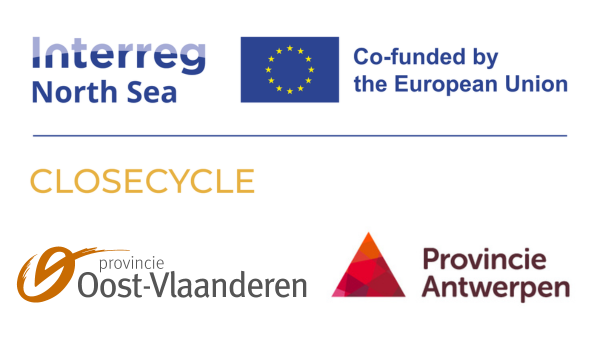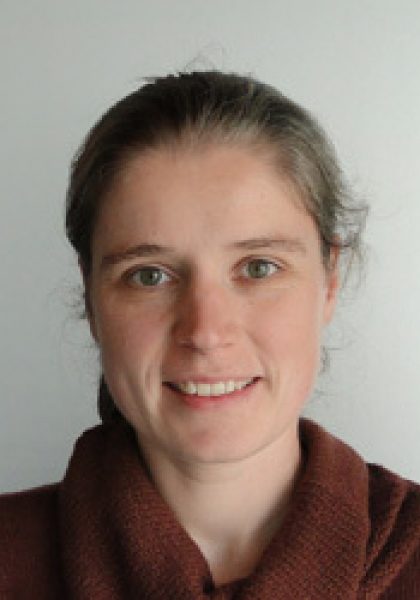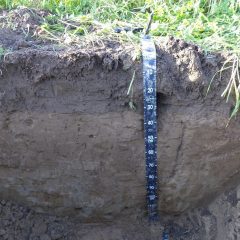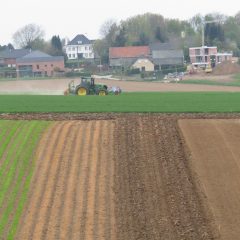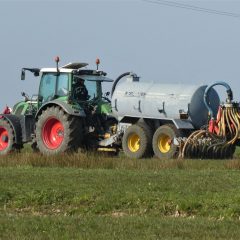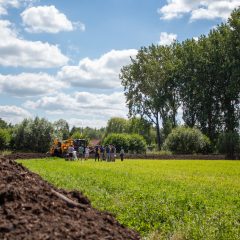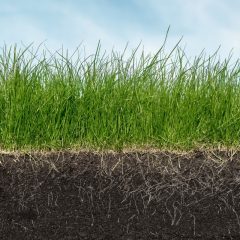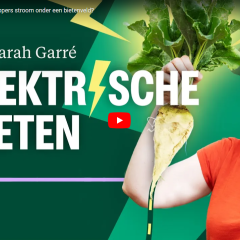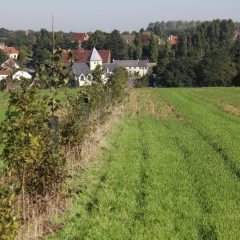Research project Closing cycles: from nature management residues to compost
TOWARDS TERRITORIAL BIOREFINERIES: CLOSING CYCLES BY CREATING PRODUCTS FROM RESIDUE BASED BIORESOURCES ON REGIONAL LEVELS
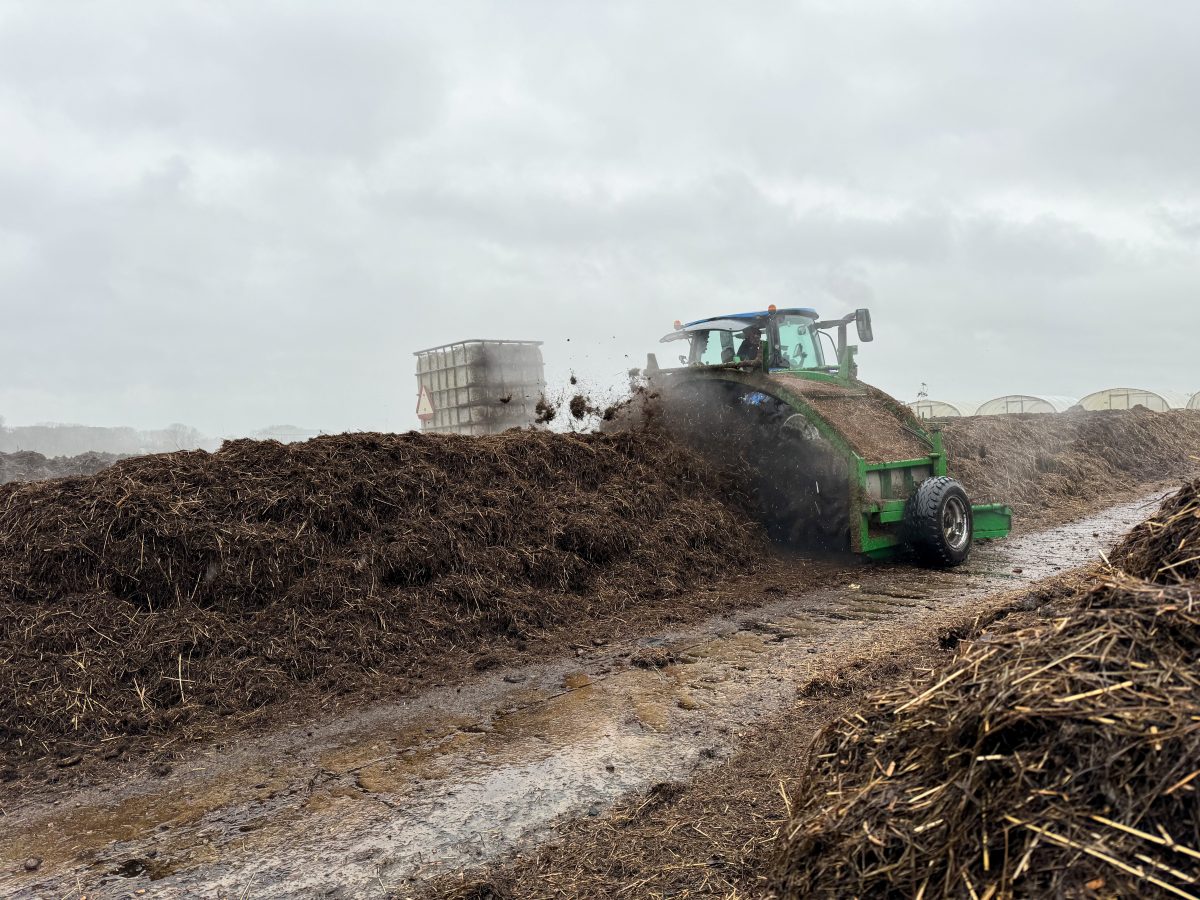
General introduction
In each region, certain residues can be processed to create end products. Which processing is needed, and how can closed loop chains and added value get created? Several countries bordering the North Sea are exploring this question in the Closecycle project. The aim is to create a network of suitable processing approaches that create products for the local market using regional residual flows. In both rural and urban regions, this project works to find and create possible cycles. The partners work with concrete cases and demos to show the advantages and possible obstacles for producers, as well as to find clues for possible solutions. The underlying ambition is thus the transition towards renewable energy and bioeconomy, favorable changes in land use, and raising consciousness about the scarcity of raw materials.
Research approach
ILVO is one of the research partners. This case is about how to valorize residues of non-agricultural origin within an agricultural application. Specifically, ILVO is aiming at a possible valorization chain in which the collection, conditioning, processing and logistics of the non-agricultural residues from nature management (residues from woody borders) leads to valorization as compost to be used on agricultural land. The entire Closecycle project works with a digital package that improves the management of local bio-based resources. Then comes an action plan for the different processes which should result in residue-based products.
Relevance/Valorization
The so-called Territorial Biorefinery Networks (TBNs), each with a well thought-out establishment strategy and concept examples, deliver more efficient use of local residue-based biorefinery materials. The residual flows generated in the economy are decreasing in volume; more chains with a true circular character are seeing the light of day. In Flanders, this means improved nutrient reuse and better soil health. The researchers plan showcases of good practices in different sectors: cities and farms, nature management, tree nurseries, greenhouse cultivation, and more.
Financing
Interreg VI North Sea
